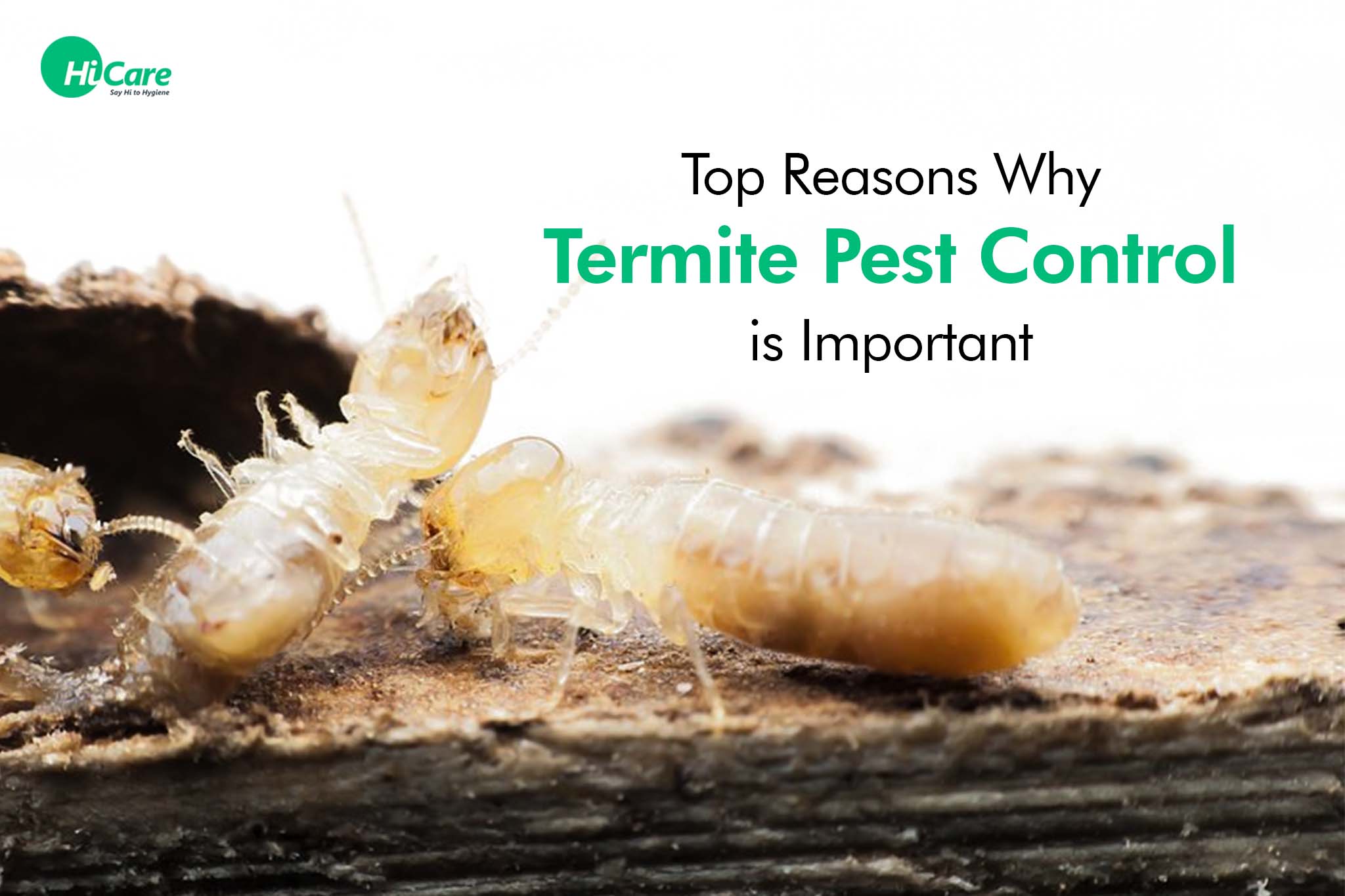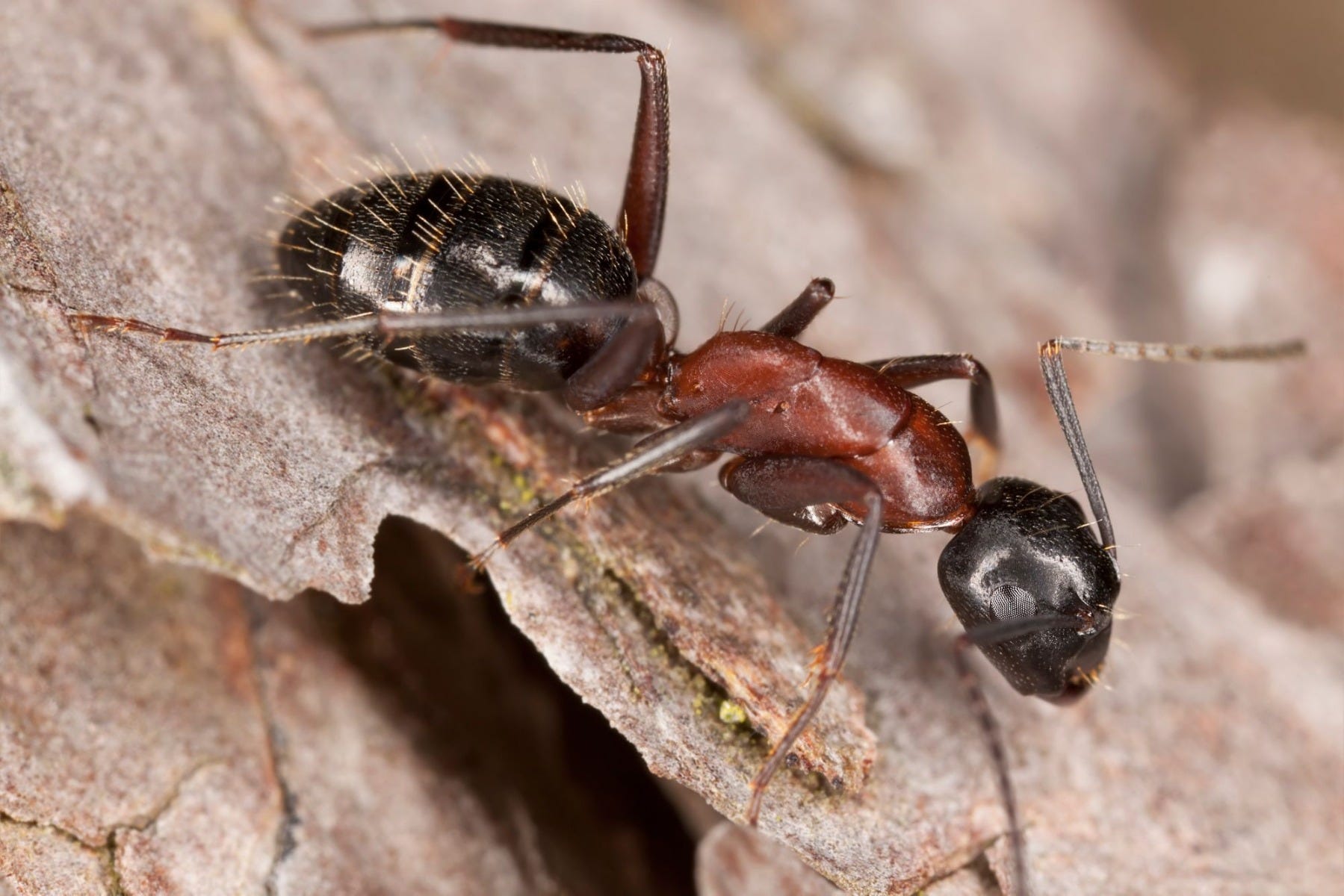Reliable Ant Control: Expert Services to Get Rid Of Ant Infestations
Reliable Ant Control: Expert Services to Get Rid Of Ant Infestations
Blog Article
Ecological Influence of Pest Control: Balancing Effectiveness With Sustainability
The environmental effect of bug control is a crucial problem that needs a fragile equilibrium in between attaining effectiveness in guaranteeing and managing parasites sustainability of our ecosystems. From the usage of unsafe chemicals that leak into our soil and water to the unexpected effects on non-target varieties, the effects of standard parasite control practices are far-ranging.
Harmful Chemicals in Insect Control
The use of damaging chemicals in pest control postures considerable ecological and health threats that warrant cautious factor to consider and mitigation methods. Herbicides, pesticides, and pesticides are generally utilized to get rid of pests, but their prevalent application can lead to unintended consequences. These chemicals can pollute soil, water sources, and the air, impacting not only the targeted pests however also useful bugs, wild animals, and people.

To deal with these threats, integrated bug administration (IPM) methods are being advertised as an extra lasting choice. IPM entails a mix of approaches such as organic control, habitat adjustment, and the targeted use pesticides as a last hotel (ant control salisbury nc). By embracing a holistic technique to pest control, we can lessen the environmental and health impacts connected with damaging chemicals while properly taking care of pest populations
Influence On Non-Target Variety
Taking into consideration the unintentional repercussions of pest control methods, the influence on non-target types is an essential element that needs comprehensive assessment. While parasite control measures intend to target certain parasites, various other microorganisms in the community may be inadvertently affected. Non-target species, including advantageous bugs, birds, mammals, and also plants, can experience indirect or straight injury from chemical applications or organic control methods.
Chemicals can have sub-lethal or lethal effects on non-target species. Pesticides created to deal with a specific bug bug might damage pollinators like or all-natural killers such as ladybugs. Additionally, chemical residues can gather in the environment, influencing non-target microorganisms over time. Biological control agents, if not species-specific, can pose threats to unintended targets, interfering with the ecological equilibrium.
To minimize the influence on non-target varieties, integrated insect management (IPM) methods that highlight an all natural technique to pest control are advised. These techniques focus on making use of eco-friendly methods, lessening harm to advantageous microorganisms while efficiently taking care of pest populaces. Carrying out complete risk analyses and checking the end results of pest control initiatives are essential action in safeguarding non-target varieties and promoting general ecological community wellness.
Dirt and Water Contamination
Unexpected ecological consequences of bug control methods prolong past influencing non-target varieties, with substantial implications for soil and water contamination. Pesticides, herbicides, and chemical plant foods utilized in insect control can leach right into the soil and pollute groundwater, positioning a risk have a peek at this site to both terrestrial and water ecosystems. Dirt contamination can interfere with the equilibrium of microbes vital for vitamins and mineral biking and plant development, causing lowered soil fertility and efficiency. These chemicals can persist in the atmosphere for extended periods, collecting in the soil and possibly entering the food chain.
Water contamination is another essential problem associated with pest control techniques. To minimize dirt and water contamination from insect control activities, incorporated insect management approaches that prioritize sustainability and reduce chemical inputs are important.
Air Air Pollution From Chemical Use
Direct exposure to airborne pesticides during farming applications presents a significant worry for air pollution control procedures. Additionally, chemical drift, where pesticides are lugged by the wind to unintended areas, can lead to the contamination of close-by environments and water bodies.

Strategies for Sustainable Insect Control
In the world of agricultural methods, carrying out sustainable insect control strategies is extremely important for keeping eco-friendly balance and safeguarding plant returns. Lasting bug control emphasizes using eco-friendly approaches to take care of pest populaces efficiently while decreasing damage to non-target organisms and ecological communities. Integrated Pest Management (IPM) is a widely taken on approach that integrates organic, social, physical, and chemical control approaches to attain long-term insect management options.
One secret approach in lasting bug control is advertising biodiversity within agroecosystems. By boosting all-natural enemies of parasites, such as predators and parasitoids, farmers can reduce the requirement for synthetic chemicals. Plant rotation and diversity are likewise reliable strategies to interrupt pest life process and produce much less positive conditions for bugs to thrive. Additionally, utilizing pest-resistant crop ranges and employing techniques like catch chopping can help minimize bug pressure without relying greatly on chemical treatments. Ultimately, by integrating these sustainable insect control techniques, farmers can achieve an equilibrium in between pest administration effectiveness and ecological stewardship.
Conclusion
Finally, the environmental impact of parasite control approaches must be thoroughly considered to balance effectiveness with sustainability. Dangerous chemicals used in parasite control can result in dirt and water contamination, air pollution, and damage non-target types - ant control services. It is essential to implement lasting bug control approaches to lessen these negative effects on the atmosphere and advertise a much healthier ecosystem for future generations
By taking on a holistic technique to pest control, we can minimize the environmental and health and wellness effects connected with harmful chemicals while properly taking care of pest populations.

To reduce the air pollution caused by pesticide use, it is vital to embrace incorporated parasite administration methods that focus on the usage of non-chemical pest control methods, such as crop turning, all-natural killers, and resistant plant ranges. Lasting parasite control stresses the usage of eco friendly techniques to handle parasite populaces successfully while decreasing damage to non-target microorganisms and ecosystems. Integrated Bug Administration (IPM) is a commonly adopted method that combines organic, social, physical, and chemical control approaches to attain long-term parasite monitoring remedies.
Report this page